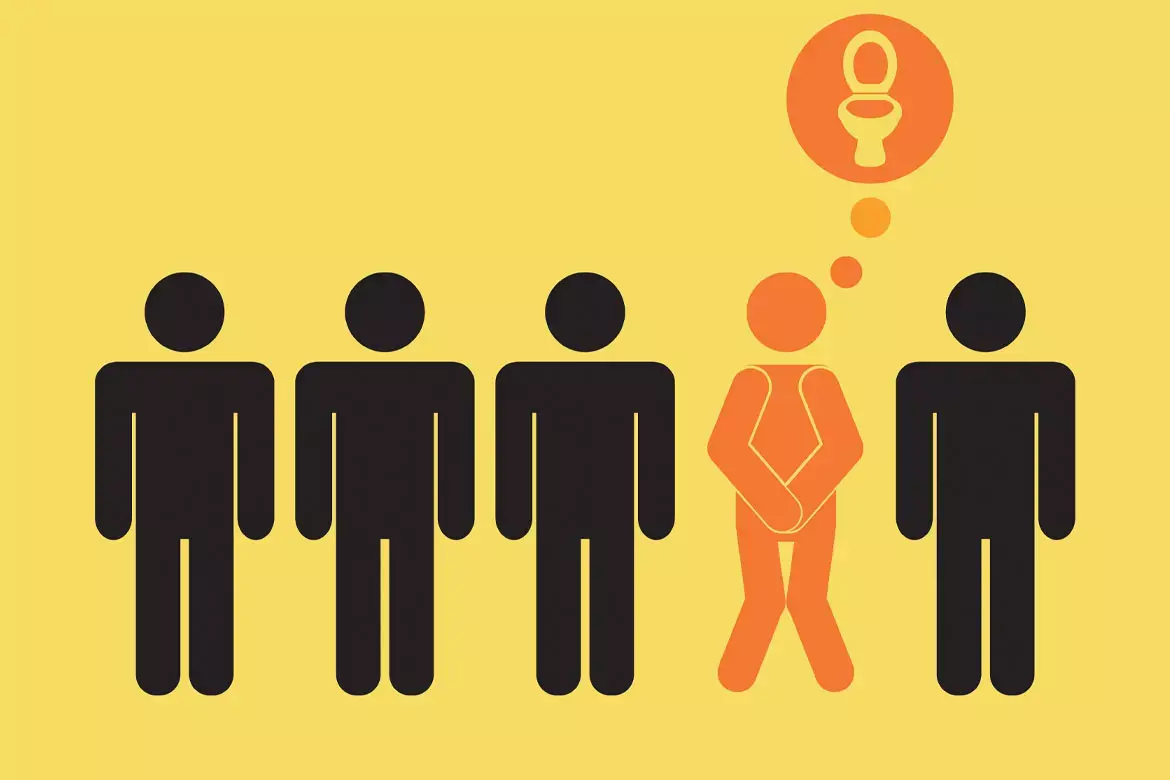- Home
- Medical news & Guidelines
- Anesthesiology
- Cardiology and CTVS
- Critical Care
- Dentistry
- Dermatology
- Diabetes and Endocrinology
- ENT
- Gastroenterology
- Medicine
- Nephrology
- Neurology
- Obstretics-Gynaecology
- Oncology
- Ophthalmology
- Orthopaedics
- Pediatrics-Neonatology
- Psychiatry
- Pulmonology
- Radiology
- Surgery
- Urology
- Laboratory Medicine
- Diet
- Nursing
- Paramedical
- Physiotherapy
- Health news
- Fact Check
- Bone Health Fact Check
- Brain Health Fact Check
- Cancer Related Fact Check
- Child Care Fact Check
- Dental and oral health fact check
- Diabetes and metabolic health fact check
- Diet and Nutrition Fact Check
- Eye and ENT Care Fact Check
- Fitness fact check
- Gut health fact check
- Heart health fact check
- Kidney health fact check
- Medical education fact check
- Men's health fact check
- Respiratory fact check
- Skin and hair care fact check
- Vaccine and Immunization fact check
- Women's health fact check
- AYUSH
- State News
- Andaman and Nicobar Islands
- Andhra Pradesh
- Arunachal Pradesh
- Assam
- Bihar
- Chandigarh
- Chattisgarh
- Dadra and Nagar Haveli
- Daman and Diu
- Delhi
- Goa
- Gujarat
- Haryana
- Himachal Pradesh
- Jammu & Kashmir
- Jharkhand
- Karnataka
- Kerala
- Ladakh
- Lakshadweep
- Madhya Pradesh
- Maharashtra
- Manipur
- Meghalaya
- Mizoram
- Nagaland
- Odisha
- Puducherry
- Punjab
- Rajasthan
- Sikkim
- Tamil Nadu
- Telangana
- Tripura
- Uttar Pradesh
- Uttrakhand
- West Bengal
- Medical Education
- Industry
Pelvic organ prolapse not associated with low bone mineral density: The HUNT study

Osteoporotic fractures are associated with increased morbidity and mortality, and impose a substantial burden on individuals, healthcare systems and society. Fractures resulting from osteoporosis are increasingly common in postmenopausal women.
Risk factors for osteoporosis include increasing age, female sex, current cigarette smoking, low body weight, prior history of fragility fracture, alcohol intake, chronic glucocorticoid use, and certain medical conditions. Knowledge about additional risk factors for reduced bone mineral density (BMD) may further improve the identification of individuals at increased risk of fractures. Pelvic floor disorders (PFDs), including pelvic organ prolapse (POP), urinary incontinence and anal incontinence, are common conditions in women, and it has been hypothesized that PFDs and low BMD may represent manifestations of a generalized disturbance in collagen metabolism.
The present study by S. Aspli et al examined the association between PFDs and BMD in the population-based Trøndelag Health Study (HUNT study) in Norway wherein women with symptoms of urinary incontinence or a history of surgical treatment for urinary incontinence are less likely to have low BMD as published in European Journal of Obstetrics & Gynecology.
A cross-sectional study of 6809 women who participated in the third survey of the population-based Norwegian HUNT study was undertaken. BMD was measured by dual-energy X-ray absorptiometry. Information on BMD and self-reported pelvic floor disorders from the HUNT study was linked with hospital-derived data on diagnosis and surgical treatment of pelvic floor disorders.
Women with a hospital diagnosis of stress urinary incontinence (SUI) were less likely to have osteopenia or osteoporosis compared with women without a diagnosis of SUI. In women with self-reported information on pelvic floor disorders, women with a history of SUI had lower odds for osteopenia or osteoporosis, while no association was found between anal incontinence, self-reported surgery for pelvic organ prolapse, and osteopenia or osteoporosis.
In this population-based, cross-sectional study of 6809 women, POP and anal incontinence were not associated with low BMD. Unexpectedly, diagnosis, surgical treatment and self-reported symptoms of SUI were associated with decreased odds of osteopenia or osteoporosis. The present results, although limited by low numbers, did not indicate that the association between POP and BMD may vary according to type of prolapse. A lack of association between faecal incontinence and bone strength was also found in a cross-sectional study based on 681 postmenopausal women undergoing osteoporosis evaluation. The present results suggest that SUI is associated with lower risk of osteopenia or osteoporosis.
It has been hypothesized that PFDs may be linked to lower bone strength through common pathophysiological pathways of connective tissue deficiency or low oestrogen. The lack of association between PFDs and lower BMD in this study suggests that PFDs may not reflect skeletal compromise.
Overall, this study did not find associations between POP and BMD. The findings suggest that women with symptoms of urinary incontinence or a history of surgical treatment for urinary incontinence are less likely to have low BMD. The reasons underlying the observed association between SUI and BMD require further investigation. This study did not find evidence to suggest that women with PFDs would benefit from earlier evaluation for osteoporosis.
Source: S. Aspli et al; European Journal of Obstetrics & Gynecology and Reproductive Biology 271 (2022) 71–76
MBBS, MD Obstetrics and Gynecology
Dr Nirali Kapoor has completed her MBBS from GMC Jamnagar and MD Obstetrics and Gynecology from AIIMS Rishikesh. She underwent training in trauma/emergency medicine non academic residency in AIIMS Delhi for an year after her MBBS. Post her MD, she has joined in a Multispeciality hospital in Amritsar. She is actively involved in cases concerning fetal medicine, infertility and minimal invasive procedures as well as research activities involved around the fields of interest.
Dr Kamal Kant Kohli-MBBS, DTCD- a chest specialist with more than 30 years of practice and a flair for writing clinical articles, Dr Kamal Kant Kohli joined Medical Dialogues as a Chief Editor of Medical News. Besides writing articles, as an editor, he proofreads and verifies all the medical content published on Medical Dialogues including those coming from journals, studies,medical conferences,guidelines etc. Email: drkohli@medicaldialogues.in. Contact no. 011-43720751


